The 77th Primetime Emmy nominations were announced with the usual ritual pomp of its prestige darlings, bold-ish swings, and glossy usual suspects. But nestled among the predictably over-rewarded (The White Lotus, Severance, The Last of Us) was the unmistakable sting of familiarity. Andor, has yet again been shamefully sidelined and passed over where it mattered most.

Despite racking up 14 nominations — including the requisite nods for Outstanding Drama Series, Writing, and Directing — the series was locked out of every major acting category. In their place were a slate of picks so safe and blinkered, that the Television Acdemy is almost impressive in its refusal to acknowledge the galaxy-sized performances hiding in plain sight.
Congratulations to the cast and crew of ANDOR for their 14 Emmy® nominations, including Outstanding Drama Series. #Emmyspic.twitter.com/Fw2ukuIjHY
— Andor | A Star Wars Original Series (@andorofficial) July 15, 2025Forest Whitaker, to his credit, landed a deserved Guest Actor nod for his reliably volcanic turn as Saw Gerrera. But for a series widely praised as one of the most mature and politically potent works ever to emerge from the Star Wars franchise (or frankly, from any current TV universe) the Emmy’s wider ommision feels like an indictment of the voting body’s allergy to excellence that doesn’t arrive prepackaged in Emmy-friendly casing.
Diego Luna’s performance across Andor‘s two seasons was career-defining. As the titular hero forged in oppression and slowly radicalised into rebellion, Luna delivered a harrowing, intimate, and deeply human character arc. Emmy voters however, seemed to prefer Pedro Pascal’s blink-and-you-miss-it turn in a middling second season of HBO’s The Last of Us. That Pascal got a nod and Luna didn’t feels emblematic of how this flawed system periodically confuses exposure with excellence. Add to that the fact that Luna’s nomination would’ve marked a historic double for Latino actors in the category, and the oversight begins to taste a little acrid.
And what of Genevieve O’Reilly, whose Mon Mothma delivered some of the most exquisitely agonising moments of the season? Her ability to speak volumes from behind a diplomat’s smile, to tremble without ever faltering — this is Emmy bait of the highest order, and yet, no bite. Her thunderous senate floor monologue, in which she dares to invoke genocide (in a Disney series, no less) would’ve made most voters’ highlight reels, had they been paying attention. Instead, those slots went to The White Lotus, which somehow managed to colonise two-thirds of the Supporting categories. Denise Gough, Adria Arjona, Elizabeth Dulau, Stellan Skarsgard and Kyle Soller — all left out in the cold.
If we’re being charitable, perhaps it’s just a case of category congestion. But that excuse wears thin when one considers that The White Lotus and The Last of Us — both of which received a more tepid critical and fan response this season compared to their last — dominate nearly every acting category. Voters appear more interested in name-checking proven properties than engaging with the work that defined this television year. Even Slow Horses, easily one of Apple TV’s most consistent and critically adored series, was similarly overlooked, which only demonstrates how the Emmys have increasingly turned into a coronation of familiarity.
Andor’s genre trappings may have done it no favours, either. To many voters, it probaby read as another fan-service spinoff with laser swords and nerdy space opera. But in reducing it to cosplay, they’ve missed the point entirely. Andor was never about galaxies or gadgets, but about power and the machinery that sustains it. To ignore that is to ignore one of the sharpest, most unsettling antifascist parables to ever slip through the cracks of popular culture — and perhaps that’s exactly why they did.

Tony Gilroy crafted a radical blueprint for understanding resistance in a collapsing world. With uncanny precision, it mirrored the language of occupation, insurgency, and propaganda that defines our global present, unsettling viewers who suddenly found fiction offering sharper clarity than what was on the news. That it was ignored by Emmy voters may not be an oversight so much as an act of self-preservation or a subconscious recoil from a piece of art that held a mirror too close.
Gilroy said it best in a post-nomination interview: “These aren’t great moment-to-moment [performances]. These are epic, long-term character studies that they’ve done over 24 episodes. I think the ultimate victory is that these performances will be celebrated and discussed for years to come. I feel confident about that.” The fact that Emmy voters couldn’t see this speaks to a fundamental failure of imagination, or worse, of attention.
It’s worth remembering that Season 1 of Andor fared similarly, with 8 of its 14 nominations coming from technical categories and only one minor win. This year’s bump in prestige categories feels more of a nod to the show’s cultural footprint than to its actual craft. Yet still, none of its actors were deemed worthy.

There’s a rich, almost satirical irony at play here. In the original Star Wars, Luke and Han get medals for blowing stuff up in dramatic fashion (never mind that Chewbacca didn’t, but that’s a separate war crime). Meanwhile, the thankless rebels of Andor lie, steal, bleed, and die in the dark with no medals or applause, so prettier people can take the credit. Fitting then, that the Emmys kept the tradition alive.
So no, the snub isn’t a surprise. But it is a shame. For an awards body tasked with celebrating the television’s finest, that shame should matter. Because if something as brilliant as Andor isn’t worth rewarding, then what are we even watching for?

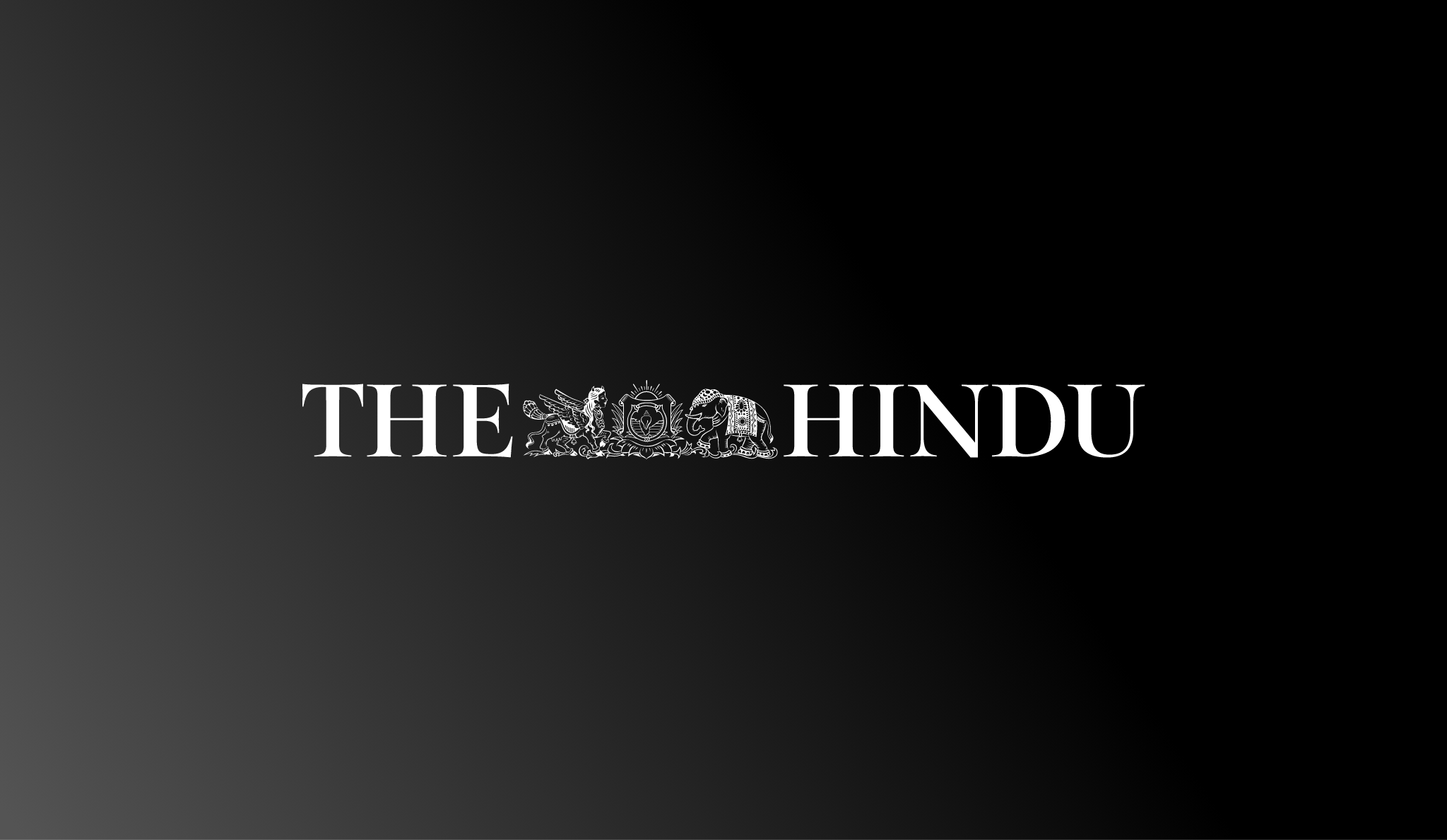 9 hours ago
1
9 hours ago
1
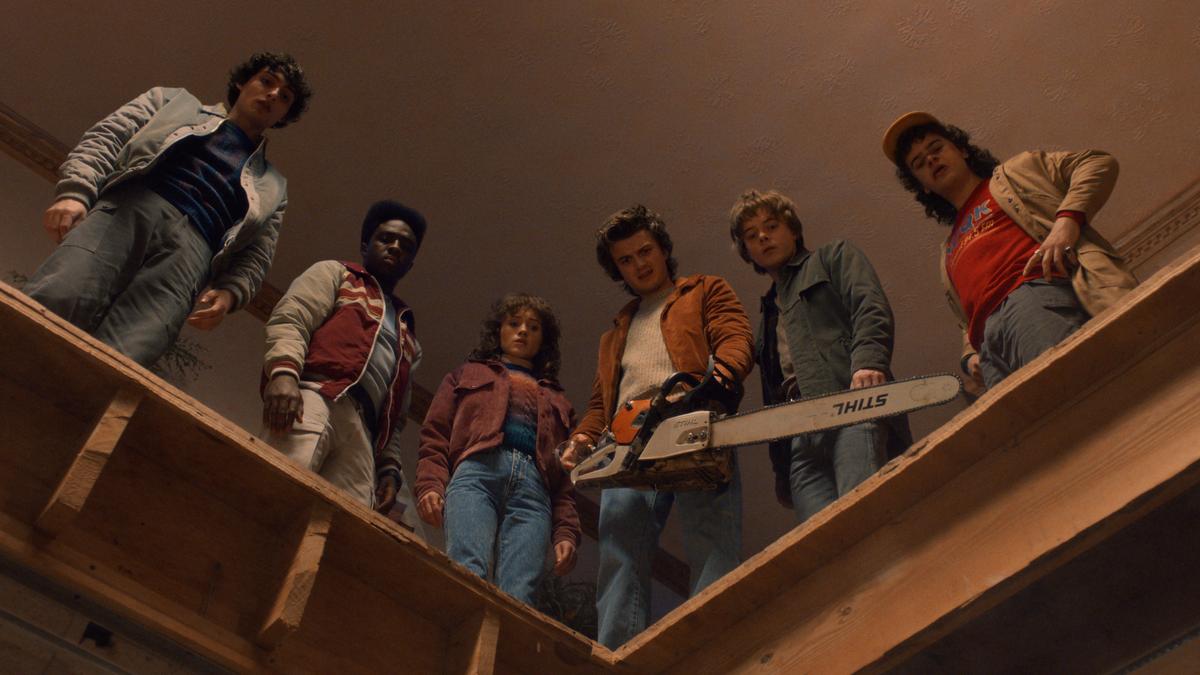

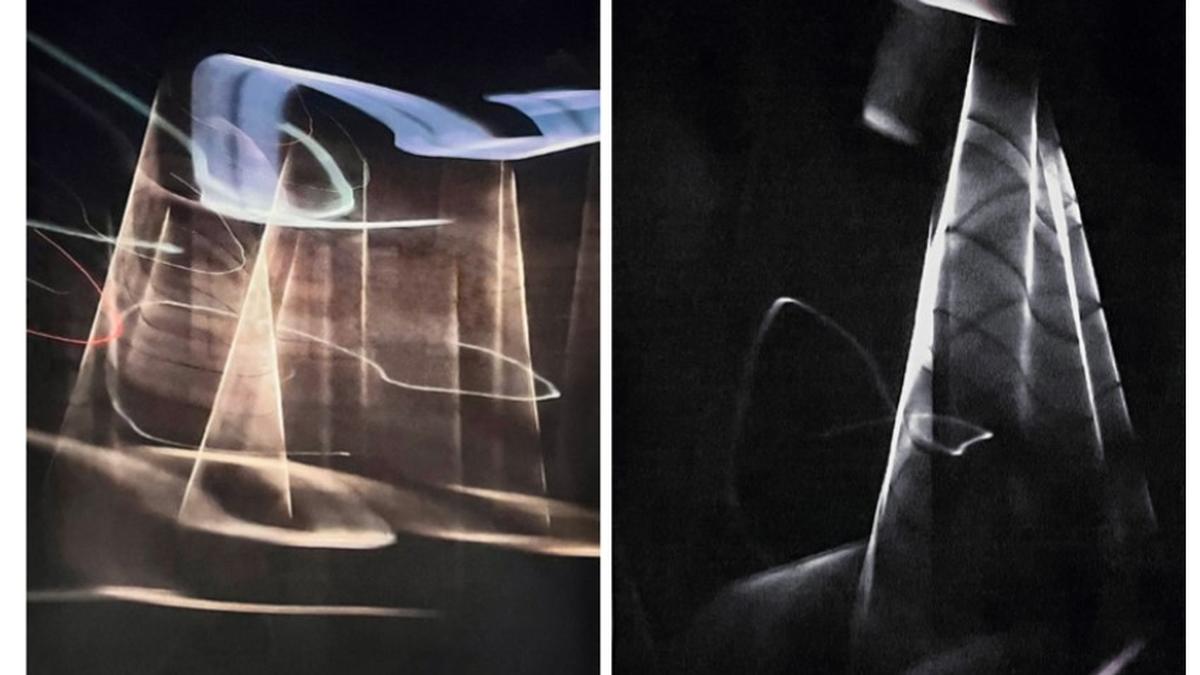
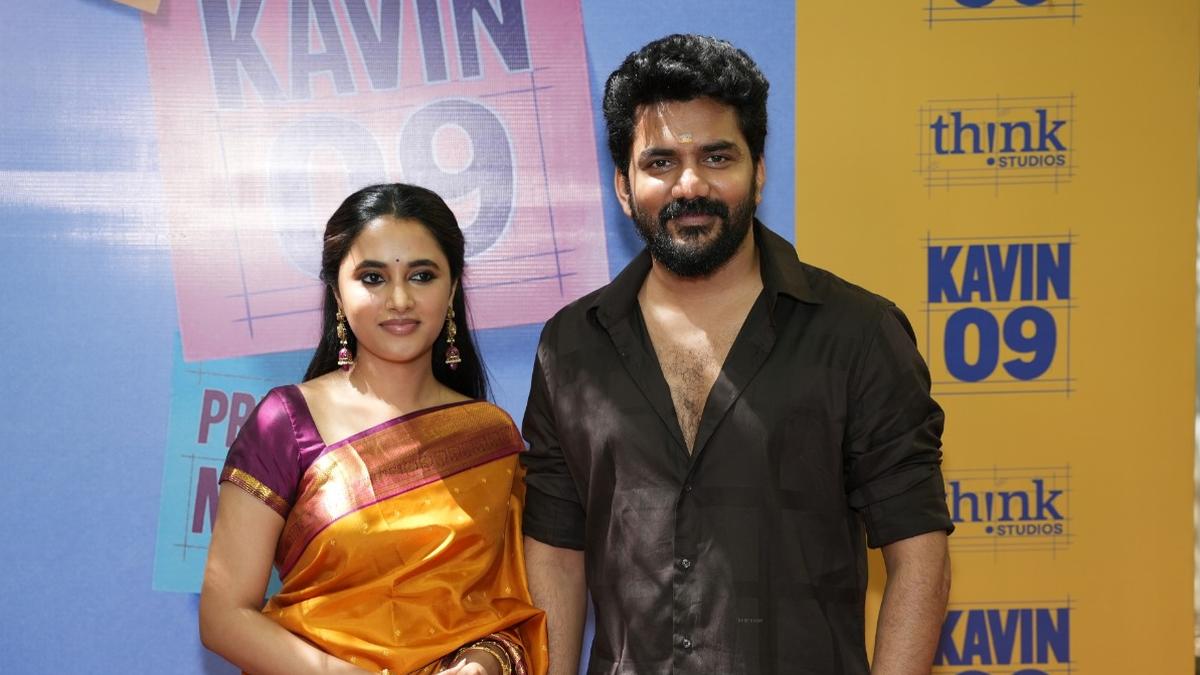
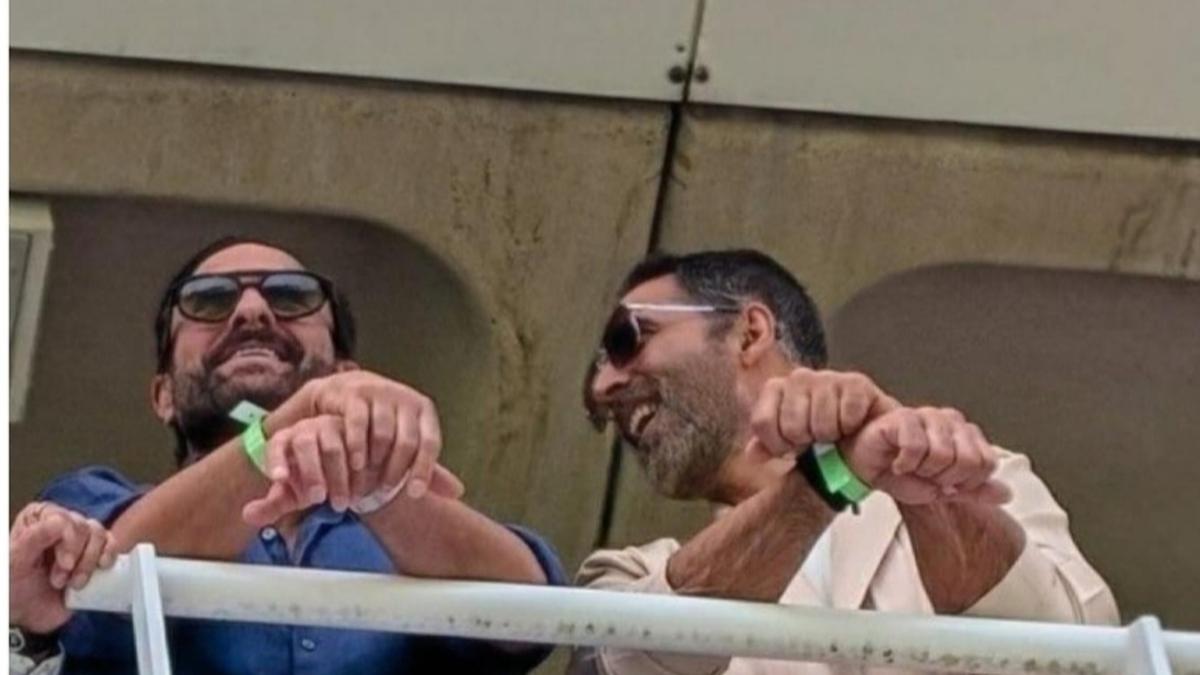

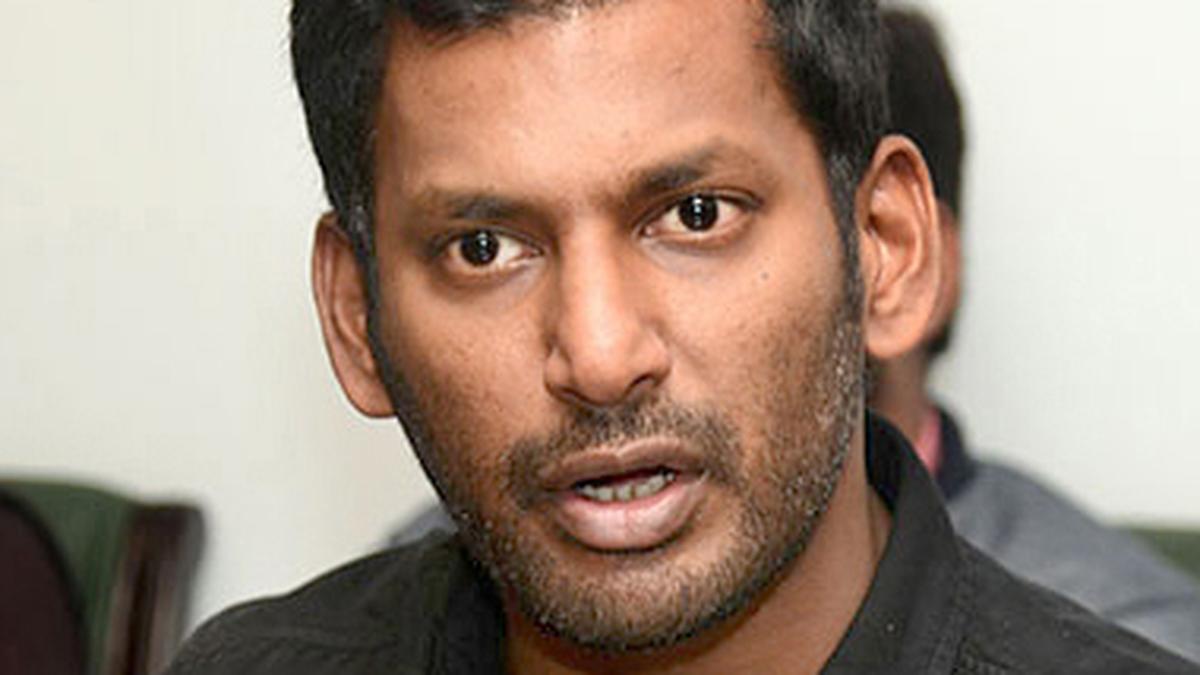
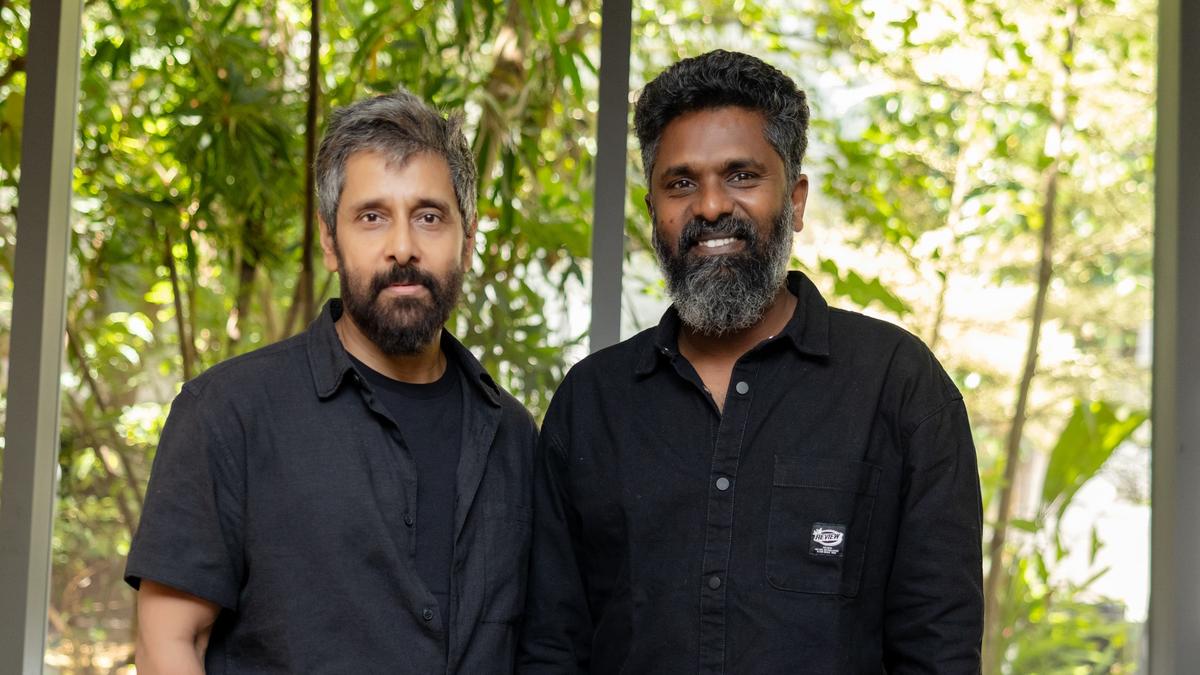


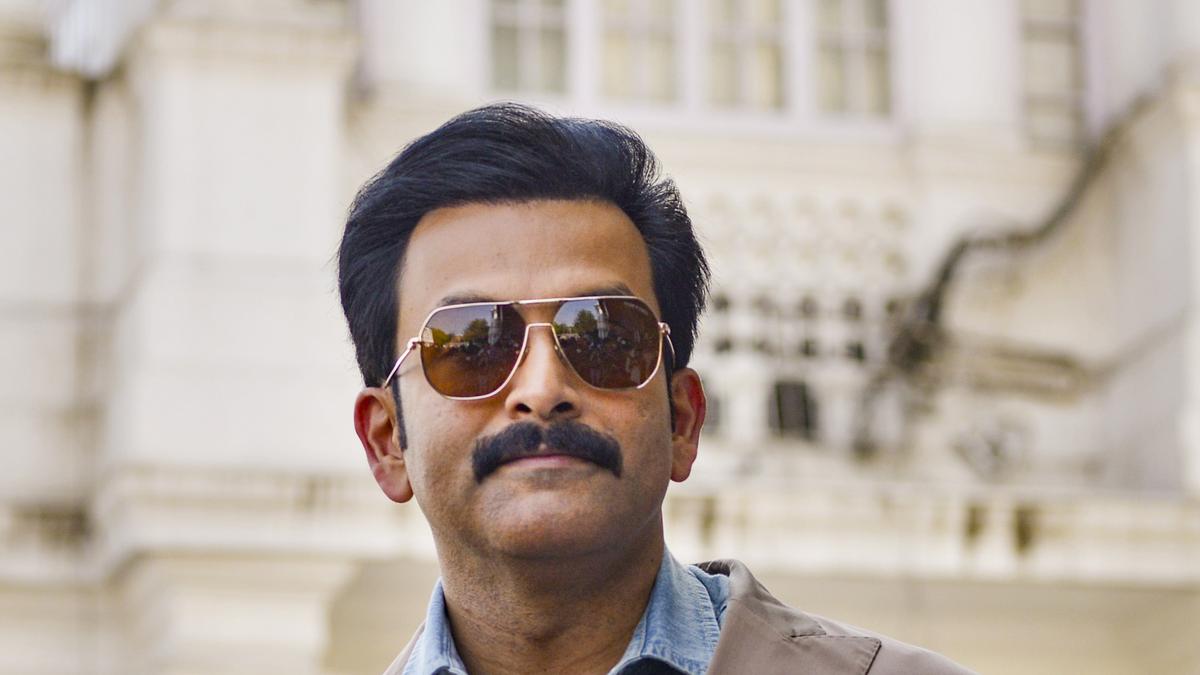
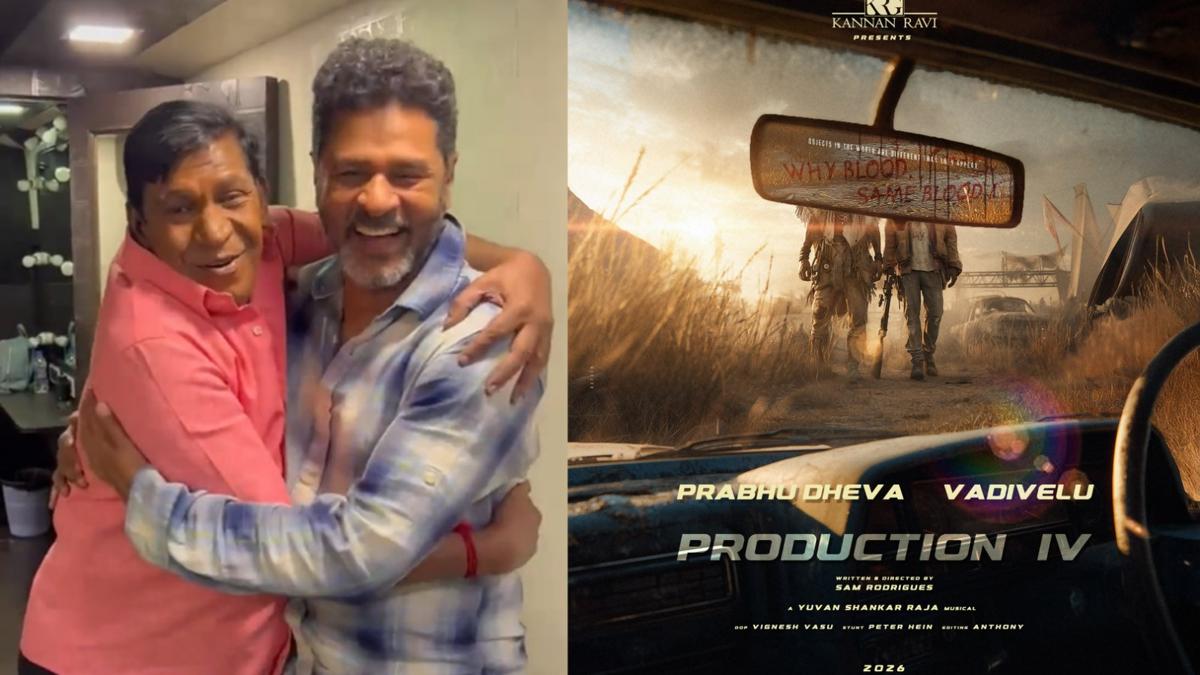
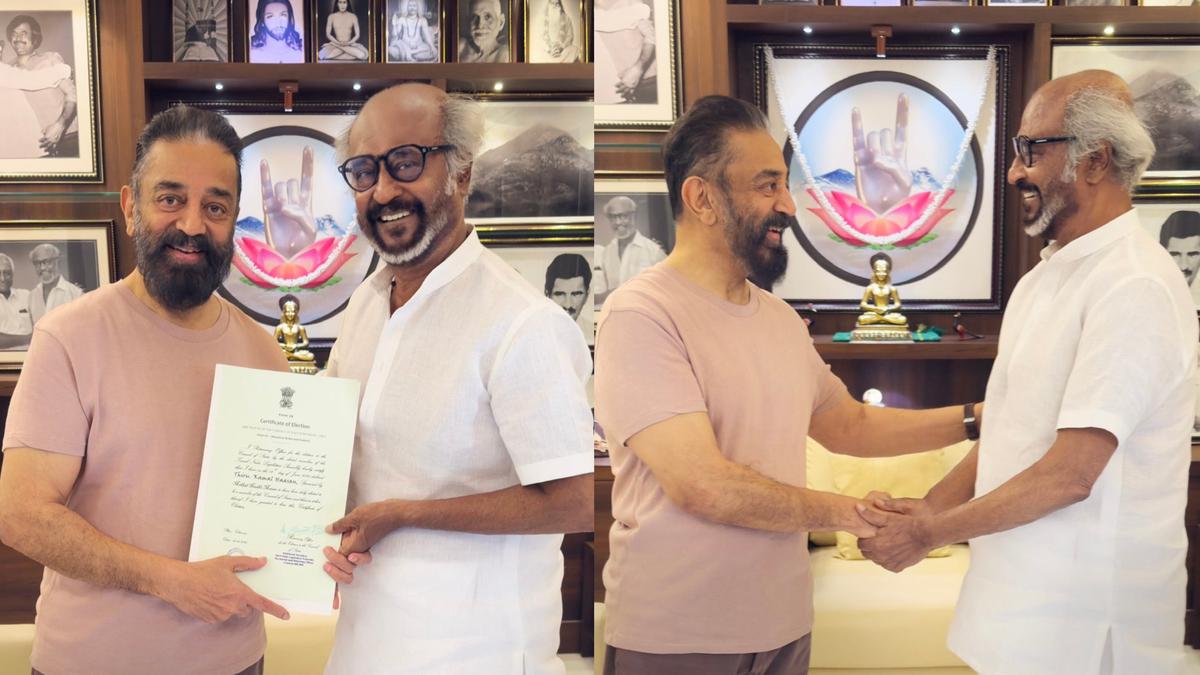


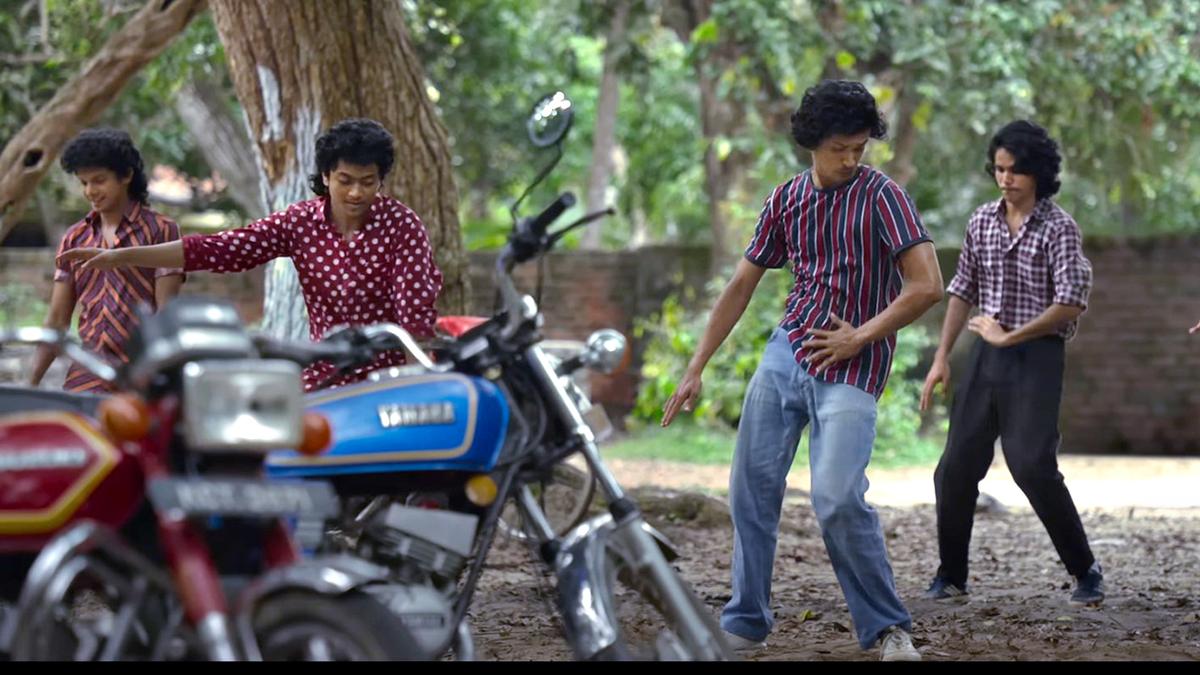
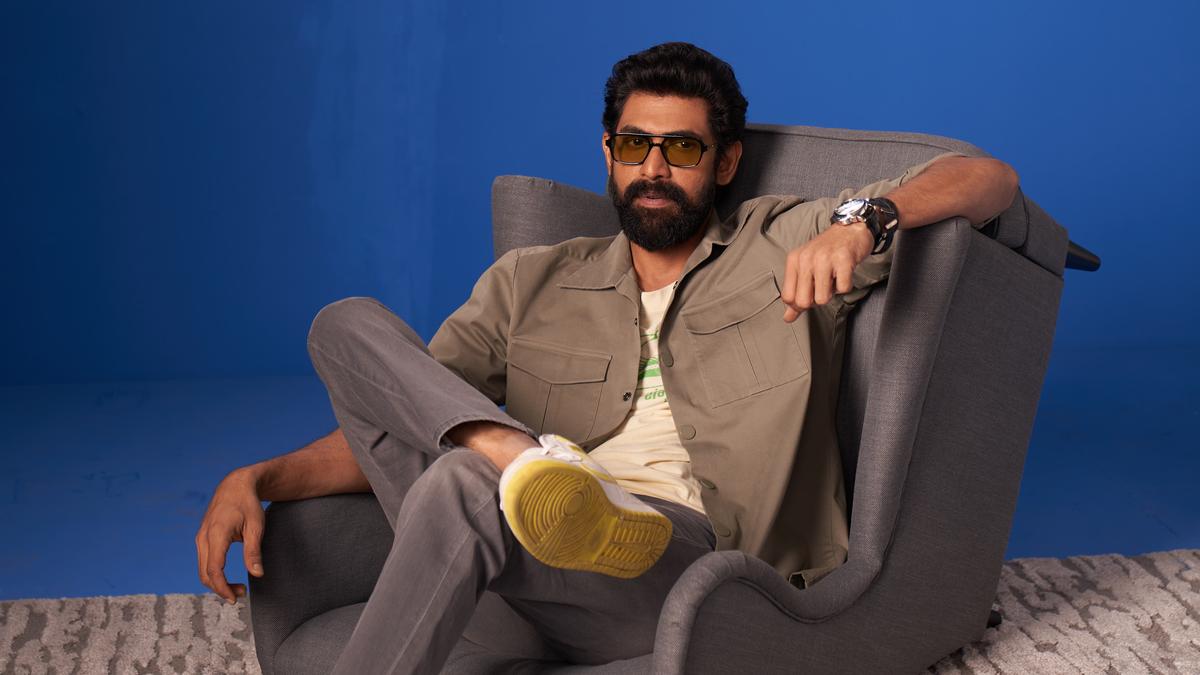



 English (US) ·
English (US) ·